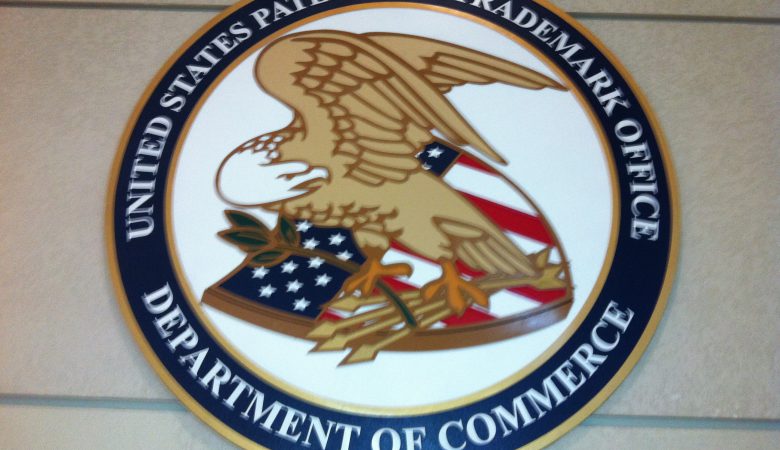U.S. 2018 Special 301 Report Seeks to Address IP Issues with Trading Partners
May 2, 2018
On April 28, U.S. Trade Representative Robert Lighthizer issued the 2018 Special 301 Report. This report is promulgated under Section 182 of the Trade Act of 1974, in which the Trade Representative is required to identify countries that do not have effective protection of intellectual property rights or fair market access for U.S. firms.
After reviewing over 100 of the country’s trading partners, the USTR identified 12 countries on the Priority Watch List and 24 on the Watch List. This is an increase of one country per list compared to the 2016 report. Spots on these lists are reserved for countries that have the worst IP practices and policies, as well as practices that have the most adverse effect on U.S. products.
Countries on the Priority Watch List include Algeria, Canada, and India. In Algeria and India, there are concerns over their respective IP regime’s treatment of the pharmaceutical industry. In India, this includes limited patentability criteria and compulsory licensing. In Algeria, a ban on imported pharmaceutical products and medical devices severely undermines patient health. In Canada, concerns exist over the ability to limit the flow of counterfeit goods across Canadian borders into the U.S. The other nine countries on the Priority Watch List are Argentina, Chile, China, Colombia, Indonesia, Kuwait, Russia, Ukraine, and Venezuela.
The 2018 Report includes three countries slated for Out-Of-Cycle Reviews (OCR): Colombia, Kuwait, and Malaysia. In Colombia, this review will assess Colombia’s commitment to the IP provisions in the United States-Colombia Trade Promotion Agreement. The Kuwait OCR will focus on improving the country’s copyright regime to meet international standards, while the Malaysia OCR will consider how effective the country’s IP laws are with respect to patents.
Aside from the Watch Lists and designations of countries for OCR, the report also highlights IP developments and issues with the U.S.’ trading partners. A key development for stronger IP protections noted in the report are provisions sought in a reworked NAFTA agreement and those included in the reworked Korea-U.S. Free Trade Agreement. The report then goes on to single-out China, Hong Kong, India, and the Dominican Republic as the four economies from which 90% of counterfeit pharmaceuticals seized at the U.S. border in 2017 were shipped through.
Strong IP protections and access to foreign markets has been and continues to be a major focal point of the Trump administration. This year’s Special 301 Report highlights this importance, and makes known the countries and policies that are not reaching this standard. Through continued cooperation with trading partners and a renewed pressure to alter their policies, the Trump administration can ensure stronger protections around the world for American innovators.
Photo Credit: Rajiv Patel

